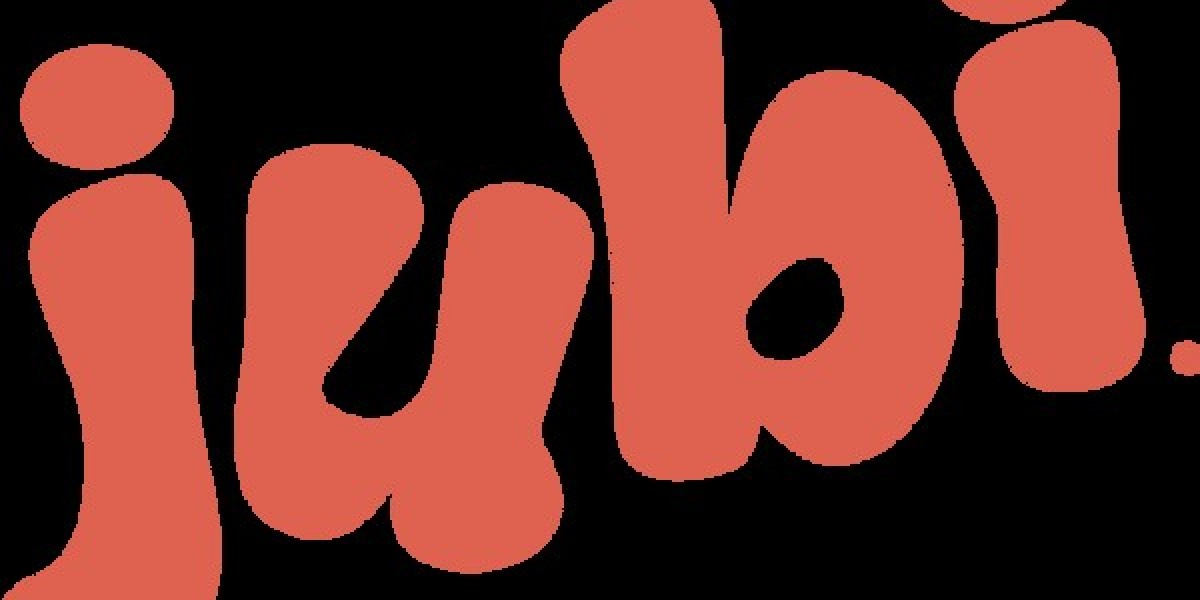In today’s fast-paced world, finding moments of calm and relaxation can be a challenge. Whether it’s stress from work, difficulty sleeping, or social anxiety, many are turning to natural remedies to unwind. One such remedy gaining significant popularity is kava—a traditional plant-based relaxant known for centuries in Pacific Island cultures.
And now, thanks to modern convenience, you can enjoy the benefits of kava anytime, anywhere with Kava Stick Packs. These portable, pre-measured sachets offer a mess-free way to experience kava’s calming effects without any fuss. In this comprehensive guide, we’ll dive deep into what kava stick packs are, how they work, their benefits, how to use them, and much more.
What is Kava?
A Brief History
Kava, scientifically known as Piper methysticum, is a plant native to the South Pacific islands such as Vanuatu, Fiji, and Tonga. For thousands of years, Pacific Islanders have used kava roots to make a traditional beverage that promotes relaxation, social bonding, and mental clarity.
The word “kava” translates roughly to “bitter” in Polynesian languages, referencing the plant’s distinct earthy flavor. Traditionally, the roots are ground and soaked in water to produce a mildly sedative drink consumed in ceremonies and social settings.
Active Compounds in Kava
The relaxing effects of kava come from compounds called kavalactones. These natural chemicals interact with the brain’s neurotransmitters to produce calming effects, reduce anxiety, and promote a sense of well-being without impairing cognitive functions or causing dependence.
Introducing Kava Stick Packs
What Are Kava Stick Packs?
Kava stick packs are single-serving sachets containing finely ground, pre-measured kava root powder. Designed for portability and convenience, each stick pack makes it easy to prepare a fresh kava drink anywhere — at home, the office, or even outdoors.
Unlike traditional bulk kava powder which requires time-consuming preparation and measuring, stick packs allow you to simply tear open the packet, mix with your preferred liquid, and enjoy within minutes.
How Are They Made?
Quality kava stick packs are crafted from premium kava roots sourced primarily from Vanuatu and Fiji, known for their potent kavalactone profiles. The roots undergo careful drying and grinding to produce a fine powder that easily dissolves in water or juice.
Many brands also offer flavored versions, blending the natural kava taste with tropical or citrus notes to improve palatability for those new to kava.
Benefits of Kava Stick Packs
1. Convenience & Portability
No need for bowls, strainers, or measuring spoons. The stick packs are travel-friendly and mess-free, perfect for people with busy lifestyles who want relaxation on the go.
2. Consistent Dosage
Each stick contains a precise amount of kava powder, ensuring consistent potency and effects every time. This eliminates guesswork and helps you tailor your intake based on your personal tolerance.
3. Quick Preparation
Just mix the powder with water, juice, or tea, stir well, and your kava drink is ready. No complicated rituals or long soaking times—ideal for spontaneous relaxation.
4. Natural Stress Relief
Kava is widely recognized for its anxiolytic (anxiety-reducing) properties. Regular use can help alleviate stress, calm the mind, and support emotional balance.
5. Supports Better Sleep
Because of its calming effect on the nervous system, kava can improve sleep quality, helping those who struggle with insomnia or restless nights.
6. Non-Addictive and Safe
When consumed responsibly and from reputable sources, kava stick packs offer a natural alternative to pharmaceutical sedatives without risk of addiction or significant side effects.
7. Suitable for Various Lifestyles
Most kava stick packs are gluten-free, vegan, and free from artificial additives, making them a great fit for many dietary preferences.
How to Use Kava Stick Packs
Step-by-Step Preparation
Choose Your Liquid: Traditionally, water is used, but you can mix kava with juice, coconut water, or tea to mask the earthy flavor.
Open the Stick Pack: Tear open a single sachet of kava powder.
Mix and Stir: Pour the powder into about 6 to 8 ounces (180-240 ml) of liquid and stir vigorously for 2-3 minutes. The goal is to dissolve the powder fully and activate the kavalactones.
Optional – Chill or Strain: Some people prefer to chill the drink or strain out the sediment for a smoother texture, but this is not necessary.
Enjoy: Sip slowly and relax. Effects usually begin within 15 to 30 minutes.
Recommended Dosage
Beginners should start with one stick pack to assess tolerance.
Depending on your experience, you may increase to two packs for stronger effects.
Avoid excessive intake, as high doses can cause drowsiness or mild digestive discomfort.
Who Should Use Kava Stick Packs?
Ideal For:
Professionals dealing with work stress who want mental calm without sedation.
Students or creatives needing anxiety relief to improve focus.
Individuals with occasional insomnia seeking natural sleep support.
Anyone looking for a natural, legal alternative to alcohol or pharmaceuticals for relaxation.
People who enjoy traditional kava but prefer a modern, convenient format.
Cautions & Contraindications
Avoid if pregnant or breastfeeding.
Consult your healthcare provider if you have liver conditions or take medications that affect the liver.
Do not mix kava with alcohol or sedatives.
Use responsibly and avoid driving or operating heavy machinery after consumption.






